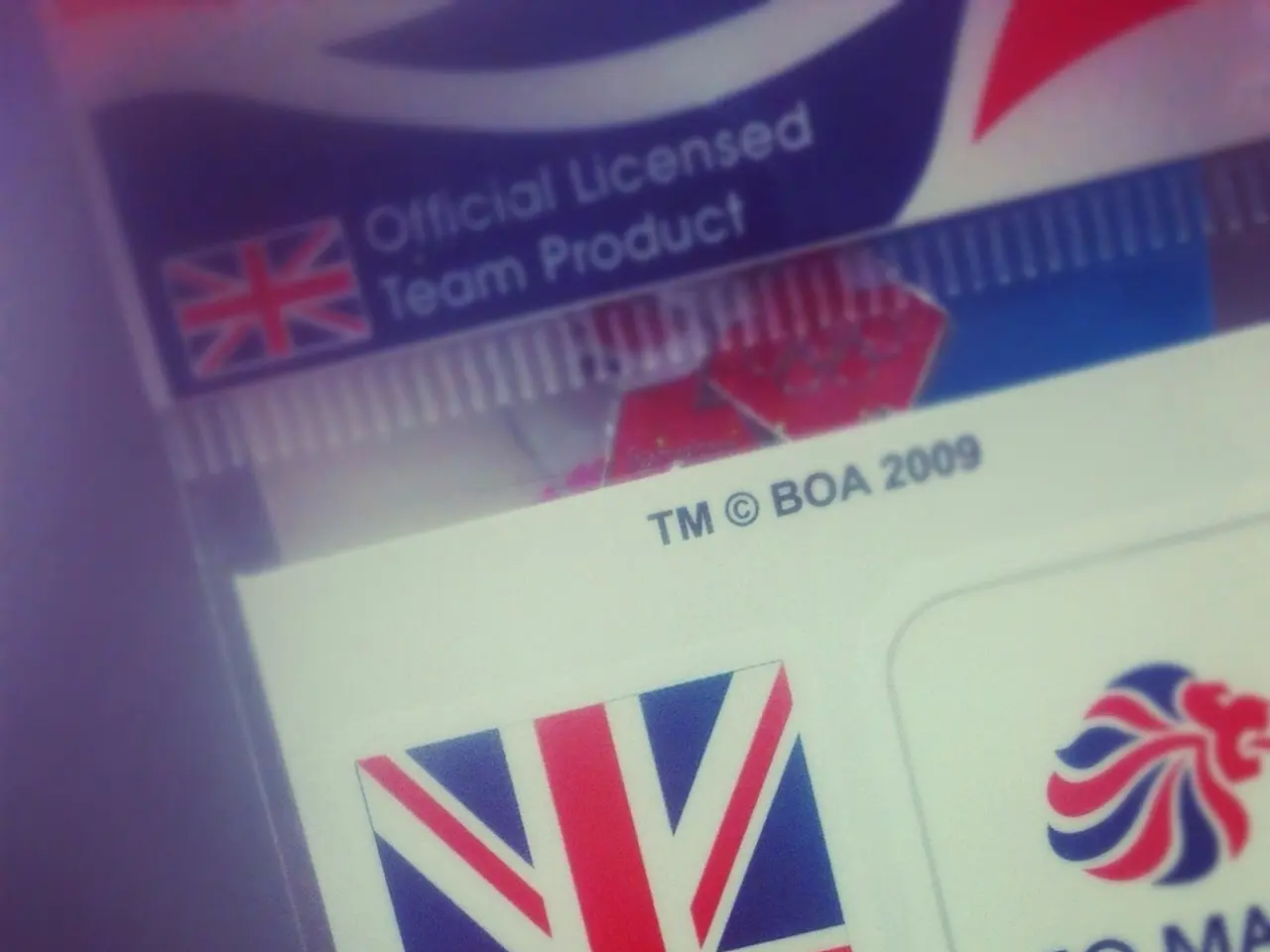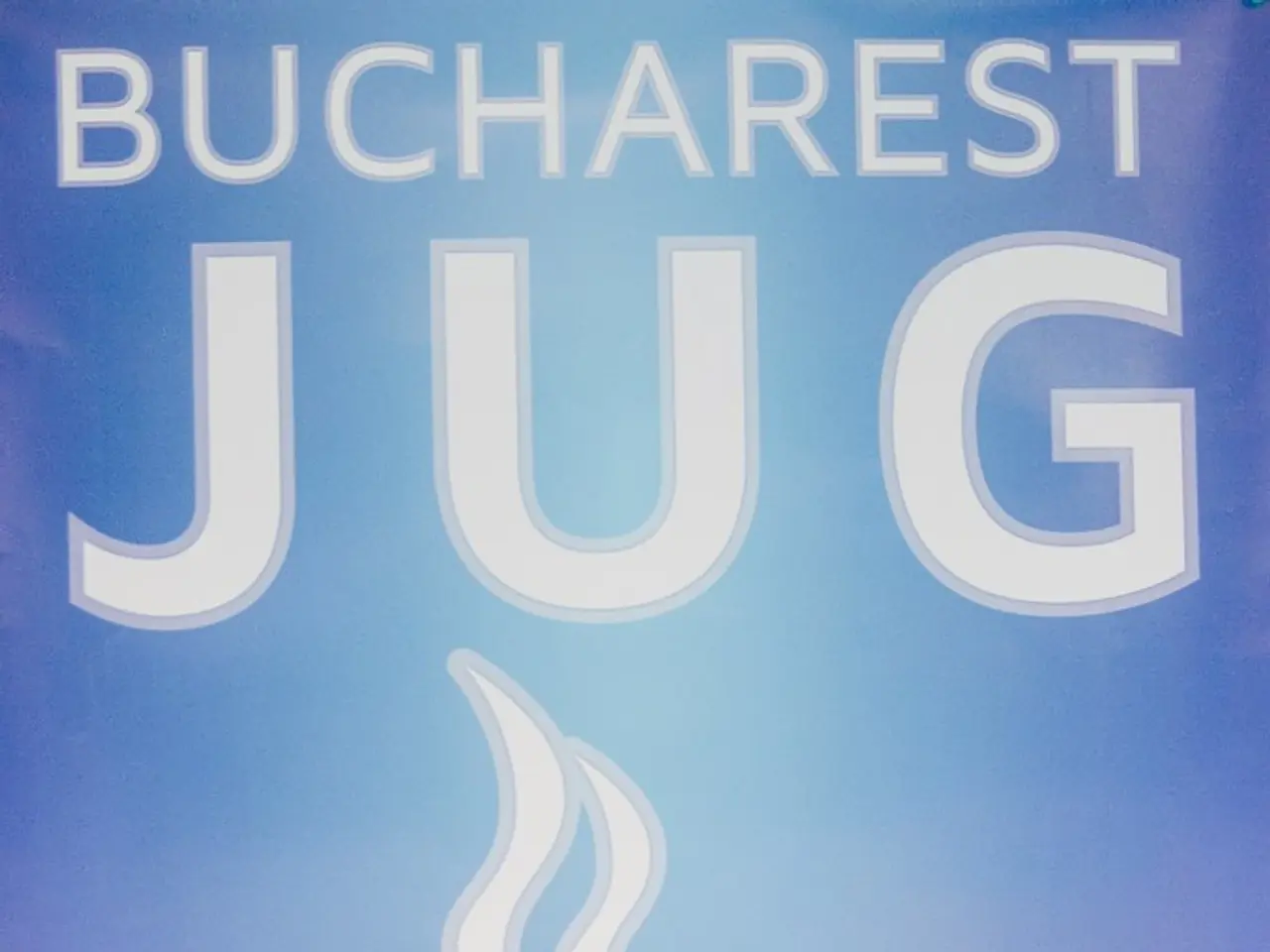Legislation Title: One Big Beautiful Bill Act (OBBBA) - International Tax Provisions Explored
The 2025 tax reform, notably the One Big Beautiful Bill Act (OBBB), has brought about substantial updates to the U.S.'s international tax laws. Key areas affected include Foreign Tax Credits (FTCs), Global Intangible Low-Taxed Income (GILTI), Foreign-Derived Intangible Income (FDII), Base Erosion and Anti-Abuse Tax (BEAT), and Controlled Foreign Corporation (CFC) rules.
Foreign Tax Credits (FTCs)
The reform has increased the FTC cap for GILTI purposes, allowing U.S. corporations to credit half of the profits derived from the sale of U.S.-made goods through foreign offices. This expansion of foreign tax credits effectively reduces tax liability on certain foreign income and indirectly subsidizes foreign tax payments, contrasting with prior "America-first" policies.
Global Intangible Low-Taxed Income (GILTI)
The GILTI minimum tax rate has been slightly increased from 10.5% to 12.6%. However, the overall effect reduces taxes on foreign income through enhanced FTCs. The law also repeals the deduction for Qualified Business Asset Investment (QBAI), which raises taxes on physical capital deployed abroad by U.S. firms. The restructuring maintains effective tax rates closer to current policy rather than allowing the scheduled increases set for 2026.
Foreign-Derived Intangible Income (FDII)
The tax rate on FDII export income has been modified and permanently extended, leading to a tax cost of $87 billion. The repeal of the QBAI deduction also favours domestic capital used for exports by lowering taxes on it relative to foreign investments.
Base Erosion and Anti-Abuse Tax (BEAT)
The BEAT tax rate has increased from 10% to 12.5% for tax years beginning after December 31, 2025. The current carve-outs under BEAT remain, but this modest increase signals a tightening of anti-base erosion rules without major overhaul.
Controlled Foreign Corporation (CFC) Rules
The Act modifies the definition of Subpart F income for foreign corporations for years after 2025, though detailed effects on CFC rules were not exhaustively outlined. Notably, the removal of the proposed Section 899—a punitive tax on non-U.S. taxpayers in jurisdictions taxing U.S. residents deemed “unfair”—reflects coordination with international allies (G7) and OECD Pillar Two minimum tax rules compliance, avoiding harsher retaliatory taxes on foreign investments.
Minor technical and "bug fix" changes clarify expense allocations, partially fix the foreign tax credit haircut, and make the “look-through” tax rule permanent, simplifying compliance and reducing unintended tax consequences.
In summary, the 2025 reform maintains the general framework of international taxation from the previous decade but adjusts key rates, expands foreign tax credits especially on export-related foreign income, modifies deductions affecting physical capital abroad, and slightly increases anti-base erosion taxes, all while aligning U.S. rules with OECD international standards and avoiding highly punitive new tax regimes.
The reform also includes changes to specific sections such as the exclusion of income from outbound transfers under Section 367(d) from deduction eligible income, the reduction of the deduction for NCTI to 40%, and the reduction of the deduction for FDDEI to 33.34%, among others. For a detailed understanding of these changes, it is recommended to consult the full text of the One Big Beautiful Bill Act (OBBB).
- The reform has expanded foreign tax credits (FTCs) on certain foreign income, which, in the case of U.S.-made goods sales through foreign offices, reduces tax liability, a departure from prior "America-first" policies that focused on reducing taxes at home.
- The reform has adjusted key rates, such as the GILTI minimum tax rate, from 10.5% to 12.6%, but its overall effect is to reduce taxes on foreign income through enhanced FTCs, as opposed to increasing them as a "global minimum tax" would indicate.




